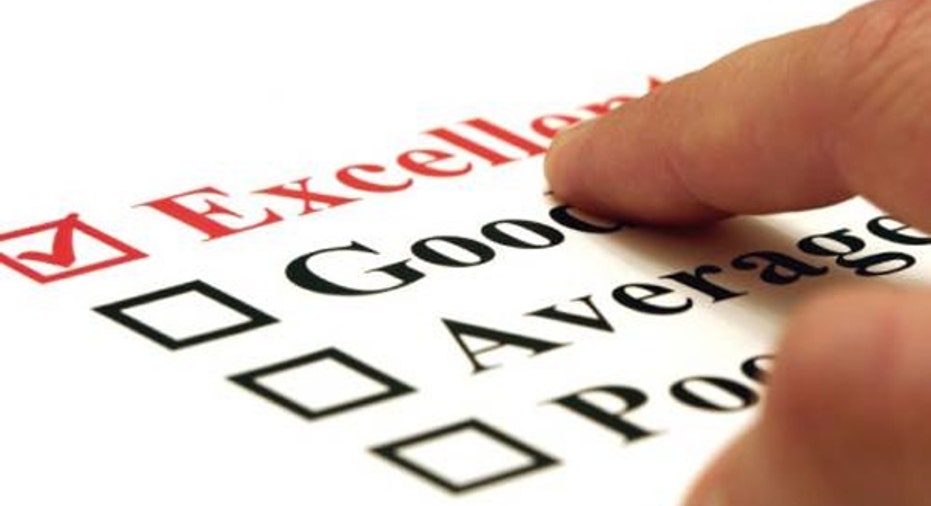Best Way to Establish Credit? Why, Get a Credit Card, of Course

Dear Opening Credits,
Hi, I have no credit and I'd like to know what is the best way to start building good credit.
- Susan
Dear Susan,
Answer: by getting credit, of course!
OK, that was rather flippant, but it's also true. Obtaining a credit card of your own is often not that hard, despite what you might have heard. Here's how you can jump into the credit pool and stay afloat.
First, let's begin with the definition of credit. It's when a financial institution that offers credit cards allows you to borrow money from them. With a credit card, you have a spending line (called a credit limit) that you can draw from and charge, up to that limit. When you get the bill, you may send at least the minimum payment (based on a formula determined by the credit card issuer) or pay the whole balance by the due date. Credit can also come as a loan, where the financial institution lends you a specific sum, and you repay it in equal monthly installments over a fixed period of time.
In either case, you borrow and repay money and create a credit history. The issuing bank sends all of your borrowing and payment activity with that loan or credit card to the three major credit reporting bureaus (TransUnion, Equifax and Experian), which compile that information into credit reports. Creditors, landlords, insurance companies and other businesses purchase these reports to analyze the way you've been dealing with your finances when deciding whether you are a creditworthy and fiscally responsible individual.
Credit scoring companies come along and take that credit report data and turn it into numerical scores, called credit scores. Again, other businesses use such scores to make lending decisions about you.
Your credit will be good if you demonstrate that you can borrow and repay responsibly with a variety of credit products over a long period of time. It's that simple.
To get started, you'll need to prove to a bank that lending money to you is not a risky endeavor. Because you don't have a background in borrowing yet, they can't check your reports and scores to make that educated guess. Therefore, you have two basic ways to reassure them:
- Offer collateral. Credit cards and loans come in unsecured and secured forms. Unsecured types are given based on past performance, which you don't have. However, you can get secured credit by offering cash or property as assurance. Auto loans, for example, are secured by the purchased vehicle. If you don't pay, they can repossess the car. Credit cards can be secured by cash that you deposit into a special savings account. The issuer can take your deposit if you miss enough payments.
- Get a co-signer. Another option is to ask someone who has great credit to go in on an unsecured account with you. Like the deposit on a secured card, that person acts as a form of collateral. The lender knows that the co-signer has managed credit well in the past, and because of that, is likely to do the same in the future. Additionally, if you don't pay the bill, they have the right to come after the co-signer to collect what's due.
- For you (and for almost everyone in your shoes), I would recommend dog-paddling with a secured card rather than attempting the butterfly with a strong swimmer. This way you are entirely responsible for the account and do not put anyone else's credit at risk. After all, if you flounder, their (and your) credit rating will nosedive and your relationship can tank. So ... gather a few hundred dollars and apply for a secured account. When you have it, make small, smooth strokes: Charge only the amount you can cover in full each month, and pay by the due date. Keep it up and you'll swim your way to fabulous credit.



















